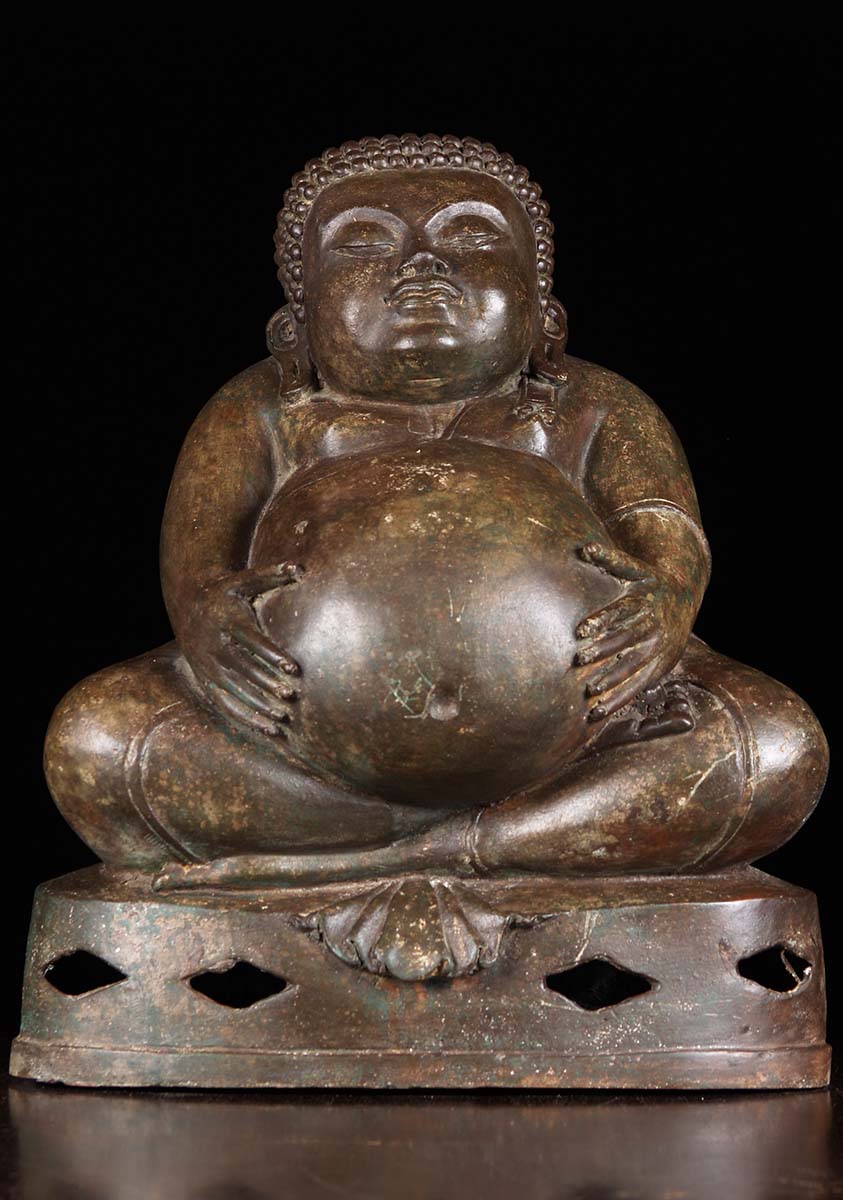Just thumbed through a few pages of this...
A study in obfuscation for heads of state.
Why is it in disarray?
Whig liberalism, nevertheless, believes, must believe, and has long believed since say 1760, that we are forever moving, however fitfully, to ever higher universal democratic ground.
Where, in God's name, could Haass' higher ground, he calls it World Order 2.0, ever come from, at this point?
It is really the very end of the endgame of this ideology.
Call it scientific humanism. Cobbled together from what was left after the Reformation, along with material from the Scientific Revolution. Nothing else left really, to work with.
I read a few pages of Walter Lippmann, another CFR type, New York Jew, socialist, Santayana, etc., drafted Wilson's Fourteen Points (certainly not Wilson), world famous NYT journalist, A Preface To Morals, call it the sunny side of The Enlightenment. Far cry in some ways from his journalistic colleague, Drew Pearson. They don't want to glance over their shoulder at The Enlightenment's Dark Side.
What can you do? He knows he is dealing with the pieces left over from the Reformation, cobbled together with the Enlightenment's sunny side, so called reason.
But the Enlightenment Dark Side has always still been there. Phenomenology, relativism, doubt, passion, existentialism, chaos, chance, nature, unbelief, amorality.
There is nothing inherently scientific about democracy.
There is nothing inherently humanistic about science.
There is nothing inherently humanistic about democracy.
There is nothing inherently scientific about humanism.
There is nothing inherently democratic about either science or humanism.
Call it scientific humanism. Cobbled together from what was left after the Reformation, along with material from the Scientific Revolution. Nothing else left really, to work with.
I read a few pages of Walter Lippmann, another CFR type, New York Jew, socialist, Santayana, etc., drafted Wilson's Fourteen Points (certainly not Wilson), world famous NYT journalist, A Preface To Morals, call it the sunny side of The Enlightenment. Far cry in some ways from his journalistic colleague, Drew Pearson. They don't want to glance over their shoulder at The Enlightenment's Dark Side.
What can you do? He knows he is dealing with the pieces left over from the Reformation, cobbled together with the Enlightenment's sunny side, so called reason.
But the Enlightenment Dark Side has always still been there. Phenomenology, relativism, doubt, passion, existentialism, chaos, chance, nature, unbelief, amorality.
There is nothing inherently scientific about democracy.
There is nothing inherently humanistic about science.
There is nothing inherently humanistic about democracy.
There is nothing inherently scientific about humanism.
There is nothing inherently democratic about either science or humanism.




But he was right, during our last telephone conversation, when he said to me: "The violin will speak for itself."